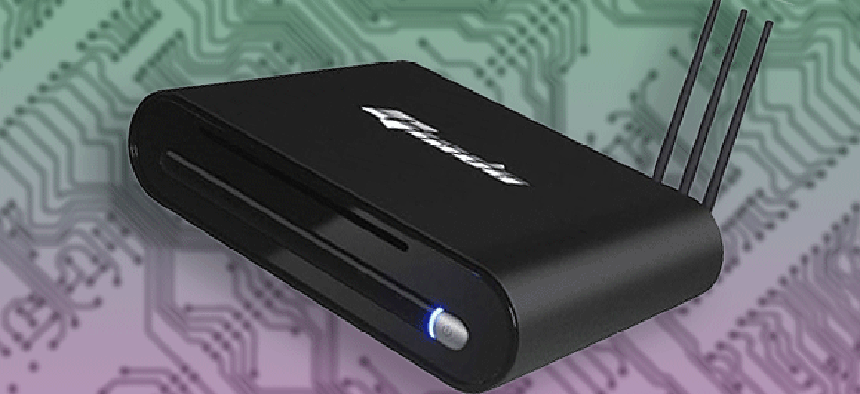Haswell chipset leading to some powerful, tiny PCs


Connecting state and local government leaders
The fourth-generation Haswell Core i7 CPU, combined with an Nvidia GPU, powers the small but muscular Giada D2308.
By all accounts, the new Intel Haswell processing chips are revolutionary. Their low power consumption and high performance are leading to the development of some new form factors in PCs, with increasingly tiny boxes able to drive increasingly more powerful programs.
The latest entry in this realm is the D2308 from Giada Technology. The D2308 marries a fourth-generation Intel Haswell Core i7 CPU with the powerful Nvidia GTX650 GPU. Despite the small 9-inch-by-7-inch frame, and being only 2 inches thick, the new little system boasts some impressive power and features.
The Giada D2308 is equipped with two SO-DIMM slots, which allows for the installation of up to 16G of DDR3-1333/1600 RAM with an additional 1G of VRAM onboard. The motherboard also features two Mini-PCIe slots that allow for the use of extra peripherals (1 x mSATA SSD; 1 x PCIe/USB). The 5.1 channel audio codec is based on the ALC662, and there is a Gigabit Ethernet port. The inside of the system allows for the installation of a 2.5-inch SATA drive. The D2308 supports Ultra HD 4Kx2K content with two HDMI outputs, and the unit comes with a Bluray/DVD player out front.
Security is handed with a Trusted Platform Module (TPM), which allows for full data encryption.
The Giada D2308 is equipped with a Wi-Fi and Bluetooth module to support IEEE 802.11 a/b/g/n and Bluetooth networks without the need to for an Ethernet port. And it does it using three wireless antennas for signal reception and a wireless maximum throughput speed of 450 megabits/sec.
The new fourth-generation Intel Core processors feature a powerful DirectX 11 core, which is compatible with a wide range of today’s 3D applications and supports the majority of available data rendering technologies. HDMI and DVI ports with support for HDCP as well as an optional analog VGA interface are provided for video signal output.
Extra ports include analog connectors to plug a microphone and headphones, two USB 2.0 and three USB 3.0 connectors as well as one 4-in-1 Card Reader (SD/MMC/MS/MS PRO). Internal interfaces include a TPM connector, a SATA port with power connector.
The Giada D2308 system is equipped with a Phoenix EFI BIOS with support for an ACPI interface. The systems are fully compatible with the majority of popular operating systems, including Microsoft Windows 7, Windows 8 and Linux.
NEXT STORY: Just what does NIST consider a mobile device?




